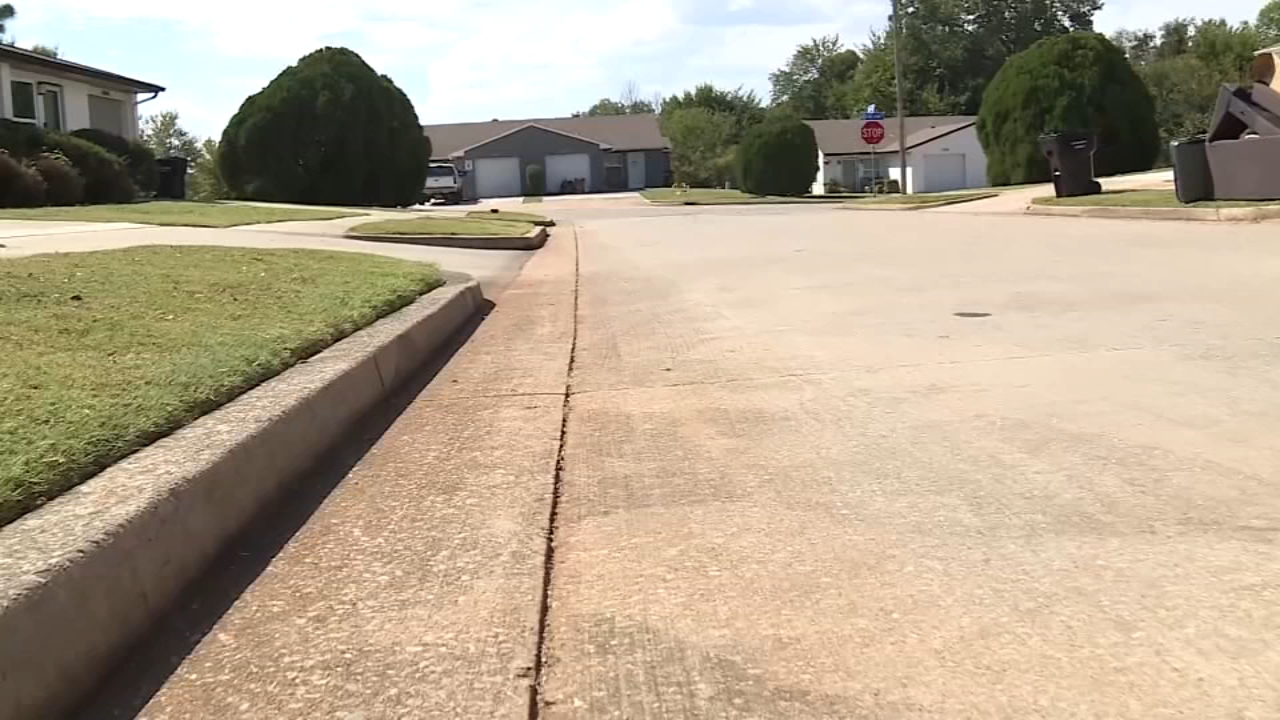Report on the UK Online Safety Act and its Implications for Sustainable Development Goals
Executive Summary
This report examines the conflict between the social media platform X and the United Kingdom’s regulatory bodies over the implementation of the Online Safety Act (OSA). The core of the dispute highlights a significant tension between two key targets within the United Nations Sustainable Development Goal 16 (Peace, Justice and Strong Institutions): the imperative to protect children from harm (SDG 16.2) and the need to safeguard fundamental freedoms, including free expression (SDG 16.10). The actions of the involved parties are assessed in the context of their contributions to, or detractions from, these and other related SDGs.
Analysis of the Core Conflict Through the SDG Framework
SDG 16.2: Ending Abuse and Violence Against Children
The UK government and the communications regulator, Ofcom, position the Online Safety Act as a critical instrument for achieving SDG 16.2, which calls for an end to abuse, exploitation, and all forms of violence against children. The Act’s primary stated purpose aligns with this goal, as well as with SDG 3 (Good Health and Well-being), by aiming to create a safer online environment for minors.
- The OSA mandates that tech firms tackle criminal content and prevent children from viewing specific types of harmful material, such as pornography.
- New restrictions, effective 25 July, enforce these protections more stringently.
- The government asserts that failure to protect children can result in severe penalties, including fines up to 10% of a company’s global turnover, thereby creating a strong incentive for compliance.
SDG 16.10: Ensuring Public Access to Information and Protecting Fundamental Freedoms
Conversely, X, owned by Elon Musk, argues that the implementation of the OSA poses a direct threat to SDG 16.10, which seeks to protect fundamental freedoms. The platform contends that the regulatory approach encourages censorship and infringes upon the public’s right to free expression.
- X stated that the “laudable intentions” of the Act are being “overshadowed by the breadth of its regulatory reach.”
- The company fears that the threat of significant fines will lead to the over-zealous removal of legitimate content to avoid punishment, a phenomenon known as a “chilling effect.”
- Elon Musk has publicly described the Act’s purpose as the “suppression of the people,” and a petition to repeal the Act has gained significant public support.
Regulatory Implementation and Challenges to SDG 17
Enforcement Measures and Corporate Response
The conflict underscores a breakdown in collaborative governance, challenging the principles of SDG 17 (Partnerships for the Goals). X has criticized Ofcom’s “heavy-handed approach” and “layers of bureaucratic oversight,” suggesting a lack of partnership between the regulator and the industry.
- Regulatory Action: Ofcom is accused of “rapidly increasing enforcement resources” to ensure compliance with the Act.
- Corporate Compliance: In response to the regulations, X has been compelled to age-restrict some content on its platform.
- Call for Collaboration: X has advocated for a “more balanced, collaborative approach” to ensure that the goal of child safety does not disproportionately harm free speech.
Broader Implications for Human Rights and Equality
The debate extends to other areas of human rights and equality, touching upon SDG 10 (Reduced Inequalities). A proposal to create a national internet intelligence investigations team to monitor social media for signs of anti-migrant disorder has raised concerns among free speech advocates.
- Critics argue this measure goes beyond child safety and could be used to restrict speech and target specific groups, potentially undermining efforts to reduce inequality.
- X characterized the proposal as “excessive and potentially restrictive,” highlighting the need for a balanced approach to protect individual liberties alongside public safety.
Conclusion: Navigating Digital Governance for Sustainable Development
The controversy surrounding the UK’s Online Safety Act serves as a critical case study in the challenges of modern digital governance. It demonstrates the inherent tension in simultaneously advancing different targets within the Sustainable Development Goals, specifically the protection of children (SDG 16.2) and the safeguarding of fundamental freedoms (SDG 16.10). The UK government maintains that the Act successfully balances these duties, with legal obligations and penalties for platforms that fail on either front. However, criticism from platforms like X suggests that the current implementation strategy may compromise free expression. Achieving a sustainable and rights-respecting digital future will require a renewed commitment to SDG 17, fostering stronger partnerships between governments, regulatory bodies, and the private sector to develop balanced and effective policies.
Analysis of Sustainable Development Goals (SDGs) in the Article
Which SDGs are addressed or connected to the issues highlighted in the article?
-
SDG 16: Peace, Justice and Strong Institutions
This goal is central to the article as it deals with protecting children from harm (a form of violence and abuse), ensuring fundamental freedoms like free speech, and the role of institutions (government, regulators like Ofcom) in balancing these rights through legislation like the Online Safety Act (OSA).
What specific targets under those SDGs can be identified based on the article’s content?
-
SDG Target 16.2: End abuse, exploitation, trafficking and all forms of violence against and torture of children.
The article directly addresses this target through its discussion of the UK’s Online Safety Act (OSA). The primary purpose of the act mentioned is “protecting children from harmful content.” The text specifies that “new restrictions on under-18s accessing pornography and viewing content harmful to children came into force,” which is a direct measure to prevent online abuse and exploitation of children.
-
SDG Target 16.10: Ensure public access to information and protect fundamental freedoms, in accordance with national legislation and international agreements.
This target is at the heart of the conflict described in the article. Elon Musk’s X platform argues that the OSA is at risk of “seriously infringing on the public’s right to free expression.” The article highlights the tension between the act’s safety measures and fundamental freedoms, quoting X’s concern that “a plan ostensibly intended to keep children safe is at risk of seriously infringing on the public’s right to free expression.” The UK government counters this by pointing to the law’s “clear and unequivocal duties on platforms to protect freedom of expression.”
Are there any indicators mentioned or implied in the article that can be used to measure progress towards the identified targets?
-
Indicators for Target 16.2 (End violence against children):
- Existence and enforcement of national legislation: The article is centered on the UK’s “Online Safety Act (OSA)” and its enforcement by the communications watchdog, Ofcom. The text mentions Ofcom’s “heavy-handed approach” and “rapidly increasing enforcement resources” as a measure of its implementation.
- Measures taken by online platforms: The article provides a specific example of action taken by a company to comply with the legislation. It states that “X has been forced to age-restrict some content as a consequence” of the new rules.
-
Indicators for Target 16.10 (Protect fundamental freedoms):
- Existence of legal safeguards for freedom of expression: The article notes that both the UK government and Ofcom claim the OSA contains “clauses protecting freedom of speech.” The government spokesperson states that the law “places clear and unequivocal duties on platforms to protect freedom of expression.”
- Public and corporate concern over censorship: The article implies that the level of concern can be an indicator of threats to free speech. It mentions a “petition calling for repeal of the act that has garnered more than 450,000 signatures” and X’s statement that the threat of fines “could encourage censorship of legitimate content.”
- Establishment of state surveillance mechanisms: The proposed “national internet intelligence investigations team to monitor social media” is presented as an indicator of a potential restriction on free speech, with the article noting that this “move has set off alarm bells for free speech advocates.”
SDGs, Targets, and Indicators Table
| SDGs | Targets | Indicators Identified in the Article |
|---|---|---|
| SDG 16: Peace, Justice and Strong Institutions | Target 16.2: End abuse, exploitation, trafficking and all forms of violence against and torture of children. |
|
| SDG 16: Peace, Justice and Strong Institutions | Target 16.10: Ensure public access to information and protect fundamental freedoms… |
|
Source: theguardian.com







